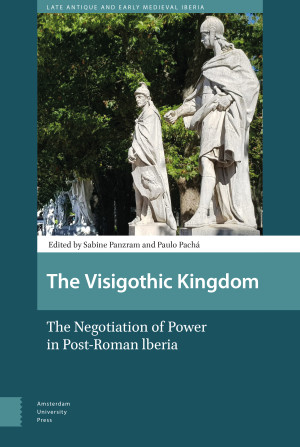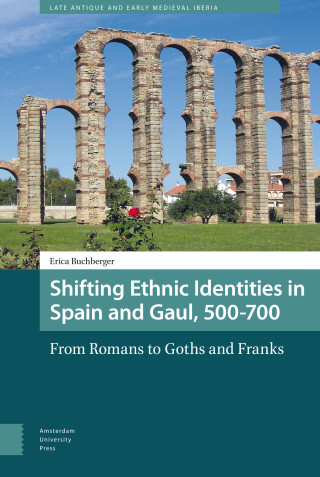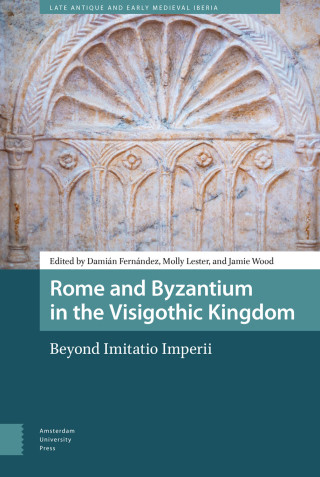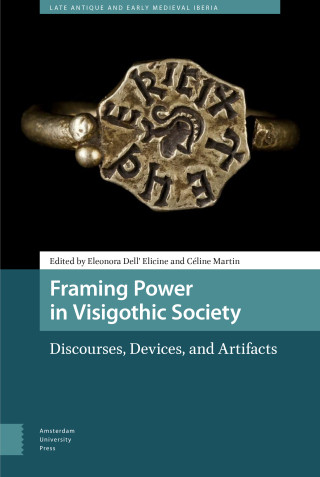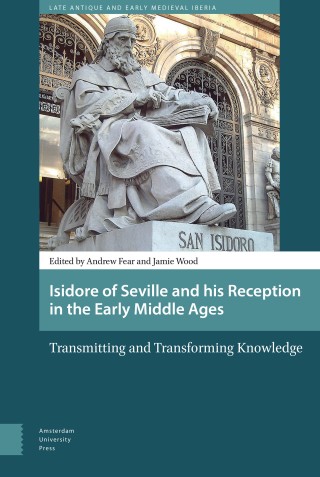01 Sabine Panzram, The Visigothic Kingdom: Current Perspectives on the Negotiation of Power in Post-Roman lberia
The Day before - Prologue
02 Laurent Brassous, Late Roman Spain
Concepts of Central and Local Power
03 Javier Arce, The Visigoths in Spain: New Perspectives on their Arrival and Settlement
04 Jaime Vizcaíno Sánchez and Luis A. García Blánquez, The Early Visigothic Presence in the Southeast of Hispania. New Findings from a Rural Settlement in the Carthaginiensis, Senda de Granada (Murcia)
05 Paulo Pachá, Beyond Central and Local Powers: The General Councils of Toledo and the Politics of Integration
06 Sebastian Steinbach, King Wamba's Campaign against dux Paulus (673) - Narration of Military and Royal Power in the Late Visigothic Kingdom
Power, Identity, and Ethnicity
07 Herwig Wolfram, How to Stay Gothic without a Gothic King
08 Manuel Koch, Who are the Visigoths? Concepts of Ethnicity in the Kingdom of Toledo: A Case Study of the Vitas Sanctorum Patrum Emeretensium
09 Christoph Eger, The Visigothic Kingdom - A Kingdom Without Visigoths? The Debate on the Ethnic Interpretation of the Early Medieval Cemeteries on the Iberian Peninsula
10 Javier Martínez Jiménez, Local Citizenships and the Visigothic Kingdom
Representations of Power
11 Lauro Olmo Enciso, Recopolis, the Representation of Power in a Complex Landscape
12 Ruth Pliego, Figura et potentia: Coin and Power in the Visigothic Kingdom
13 Michael J. Kelly, The Liber Iudiciorum: A Visigothic Literary Guide to Institutional Authority and Self-Interest
14 Javier de Santiago Fernández, Epigraphic Habit and Power in Visigothic Hispania
Power and Church
15 Rafael Barroso Cabrera, Between Throne and Altar. Political Power and Episcopal Authority in the Beginning of the Visigothic Kingdom of Toledo
16 Isabel Sánchez Ramos and Jorge Morín de Pablos, Ecclesiastical Landscapes in the Visigothic Capital and Countryside of Toledo
17 Markus Mülke, Ancient Classics and Catholic Tradition through Time and Space: Martin of Braga and His Cultural Claims
18 Jamie Wood, Conflicts over Episcopal Office in Southern Hispania: Comparative Perspectives from Visigothic and Byzantine Territories
The Day after - Epilogue
19 Julián M. Ortega Ortega, In a Savage Kingdom (regnum efferum)? Evaluating the Islamic Conquest of Spania from the Archaeological Record
20 Paulo Pachá, Conclusions and Future Perspectives

